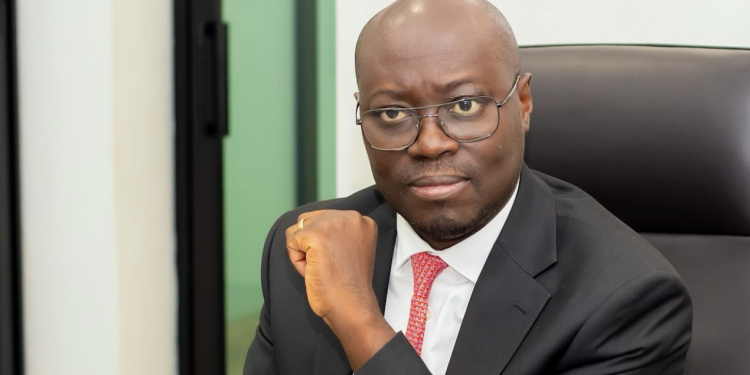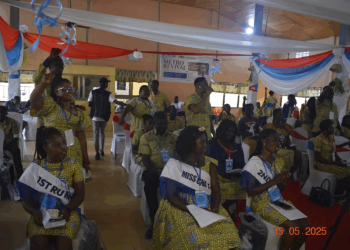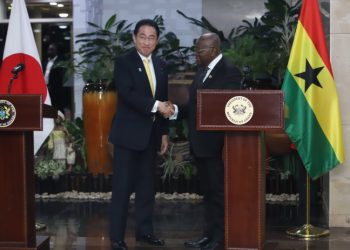
Economist Professor Godfred Alufar Bokpin has dismissed suggestions that the recent strengthening of the cedi is a mere blip.
He, however, warns that without deeper structural reforms and a clear stabilisation policy, the gains may not last.
“This is not accidental,” he said. “From the 2025 budget, you can clearly see that the government intended to stabilise an overheated economy.”
He credited recent improvements to what he called “shock therapy”—fiscal discipline and tight monetary policy working in tandem.
“There’s coordination going on between the Finance Ministry and the Bank of Ghana. You can see it. The Minister of Finance and the Governor deserve commendation for that,” Bokpin said.
He cited expenditure-based fiscal consolidation as a core reason for the rally, noting that “once government is not spending, there isn’t a considerable injection of liquidity into the economy.”
He added that even nominal increases in the 2025 budget were far below Ghana’s inflation rate and that “across ministries, departments, and agencies, the spending is low—and that’s verifiable.”
From the monetary side, he pointed to a tightening stance. “The MPC increased the policy rate by 100 basis points. There’s also enhanced sterilisation, mopping up excess liquidity,” he said.
But despite the technical wins, he sounded a strong caution. “There are concerns about sustainability. Yes, this rally is real, but can it hold?”
He explained that part of the recent gains stemmed from “favourable timing” as the country benefited from improved FX flows—gold, cocoa, and remittances—at a time of weak import demand.
“The economy’s cash absorption capacity is restricted, and demand is subdued. That gives the central bank the upper hand to intervene with even modest injections.”
[embedded content]Still, Prof Bokpin warned of the risks in relying too much on exchange rate management to fight inflation.
“I suspect the central bank is using the exchange rate to bring inflation down. But what’s the real problem? Since November 2023, inflation on locally produced goods has been higher than imported inflation. Dragging the exchange rate down just makes imports cheaper. It doesn’t fix the structural issues.”
He added, “That strategy does not create jobs. It may bring inflation down, yes—but it rewards imports. And that’s not the kind of economy we want to build.”
On the issue of reserves, he supported the Bank of Ghana’s current restraint.
“I heard the First Deputy Governor say they’re not burning the reserves. I agree. Under the IMF-supported program, we had already gone beyond the floor. There’s room to intervene, but we shouldn’t waste it.”
Instead of aggressive market intervention, he called for a long-term reserves build-up.
“What we need is predictability. Let’s build our reserves so we can say, over the next 10, 15, 20 years, the cedi will be stable. That helps everyone plan better.”
He urged the central bank to clearly communicate its stabilisation targets.
“The market is left guessing. That uncertainty causes disruption. What the market needs now is stability, not drama.”
Prof Bokpin sees the current rally as policy-driven, but fragile.
“It’s not a blip. But it’s not sustainable either—not in its current form. If we want to keep the cedi strong, we must look beyond short-term fixes and deal with the supply-side constraints of this economy.”
DISCLAIMER: The Views, Comments, Opinions, Contributions and Statements made by Readers and Contributors on this platform do not necessarily represent the views or policy of Multimedia Group Limited.
DISCLAIMER: The Views, Comments, Opinions, Contributions and Statements made by Readers and Contributors on this platform do not necessarily represent the views or policy of Multimedia Group Limited.
- President Commissions 36.5 Million Dollars Hospital In The Tain District
- You Will Not Go Free For Killing An Hard Working MP – Akufo-Addo To MP’s Killer
- I Will Lead You To Victory – Ato Forson Assures NDC Supporters
Visit Our Social Media for More




